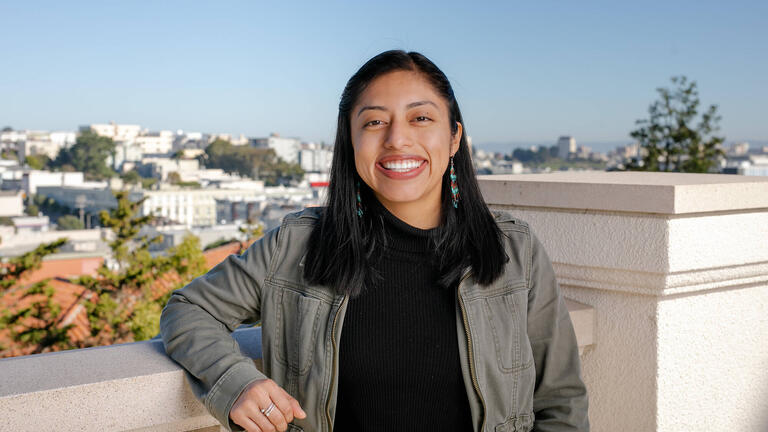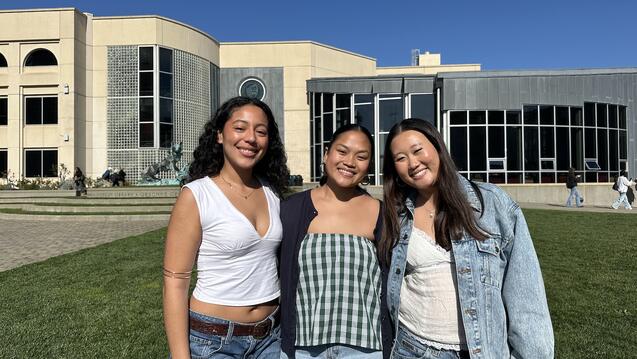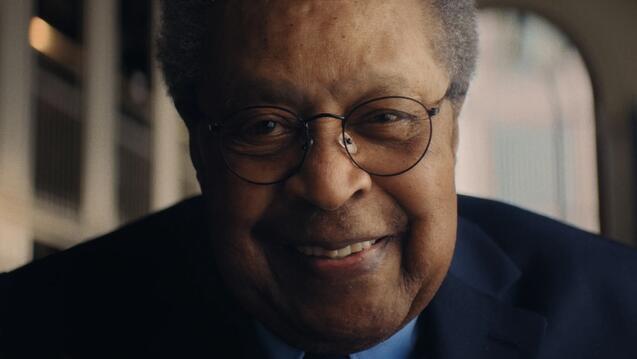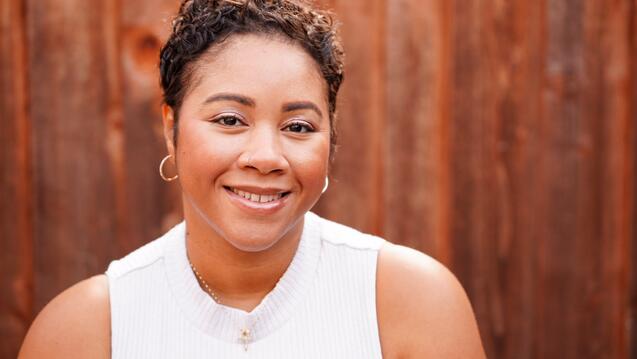
Equity in Higher Education for Native Students

Elisa Aquino '23 is a first-generation Zapotec graduate student earning a master's degree in higher education and student affairs at USF. She currently works at San Jose State University (SJSU) supporting historically marginalized students navigating higher education.
As the program coordinator of SJSU’s Chicanx/Latinx Student Success Center, her focus is on offering support to members of the community as they enter higher education programs. More than 27 percent of the students identify as Latinx. The center was established to support these students and invite them into the conversation about equity in higher education today.
“My goal,” Aquino said, “is to dismantle the barriers for Indigenous students. Historically, universities were created for white men to engage in business and build their wealth. Academic institutions around the Bay Area and the US were not established for Indigenous peoples. It is my goal to advance equity-grounded approaches that support Indigenous peoples in higher education.”
Recently, she joined GAIN (Gathering of Academic Indigenous and Native Americans), a task force that offers holistic support for Native students and looks deeper at the history of displacement in higher education. The ideal system, Aquino believes, would have representatives in the administration, which includes hiring more Native staff to offer academic support and peer-mentorship for students to validate the unique experience they bring into the classroom. She is now working to establish the first center for Indigenous and Native American students at SJSU to build community and provide a safe space for students to be who they are.
“I had the privilege of working with other scholars like Dr. Charlotte Davidson and Dr. Stephanie Waterman. I intend to continue the work these women have dedicated their lives to and setting up the center is just the first step,” Aquino said.
She also has a message for non-native students, “Come with an openness to learn about a new community. It can be taxing for Native students to have to educate everyone on our history, so I would encourage students to come with the willingness to learn about the dark history of genocide and displacement and also provide a space for students to celebrate the positives. There are so many resources available, too. For example, the book Power and Place: Indian Education in America by Daniel Wildcat and Vine Deloria Jr., and apps like "Whose Land" and "Native Land," where you can learn about the land you’re on and learn about the history of its people. It takes effort to do your research, but together we can rebuild the system to be inclusive.”


